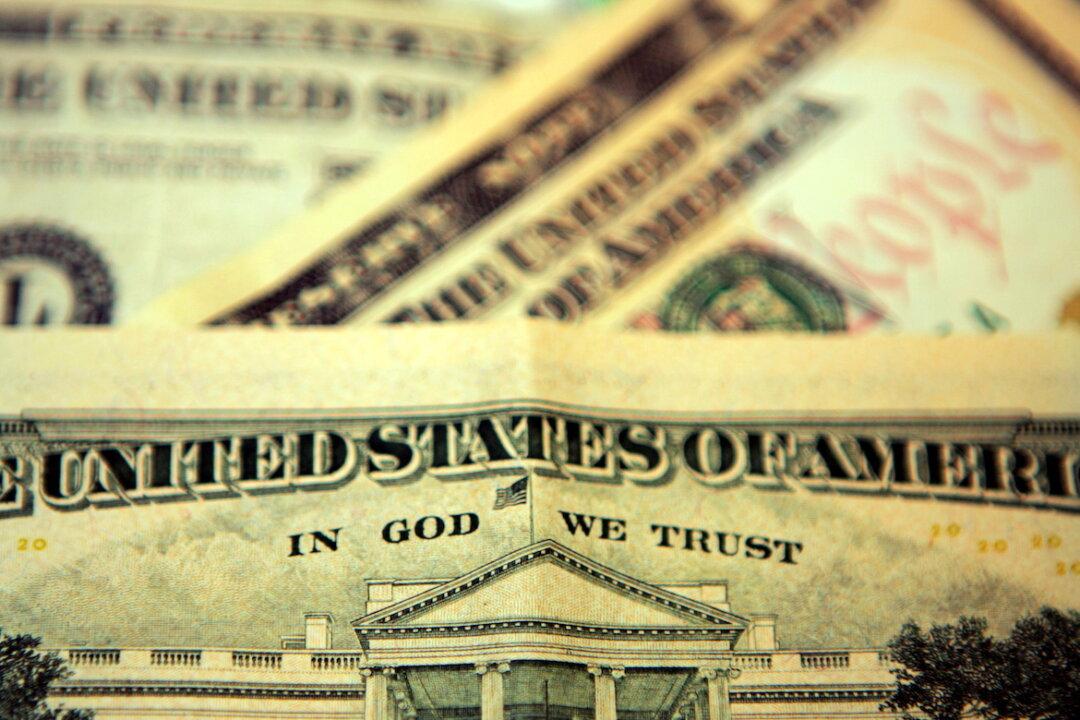A Small Business Administration (SBA) emergency relief program, implemented during the onset of the pandemic, improperly paid nearly $4.5 billion to self-employed people, some of whom erroneously claimed they had additional workers.
In a report (pdf) released on Thursday, the internal watchdog at the federal agency responsible for managing COVID-19 emergency loans and grants to small business owners and nonprofits said that the $20 billion Economic Injury Disaster Loan (EIDL) program failed to filter out applications with “flawed or illogical information.”





